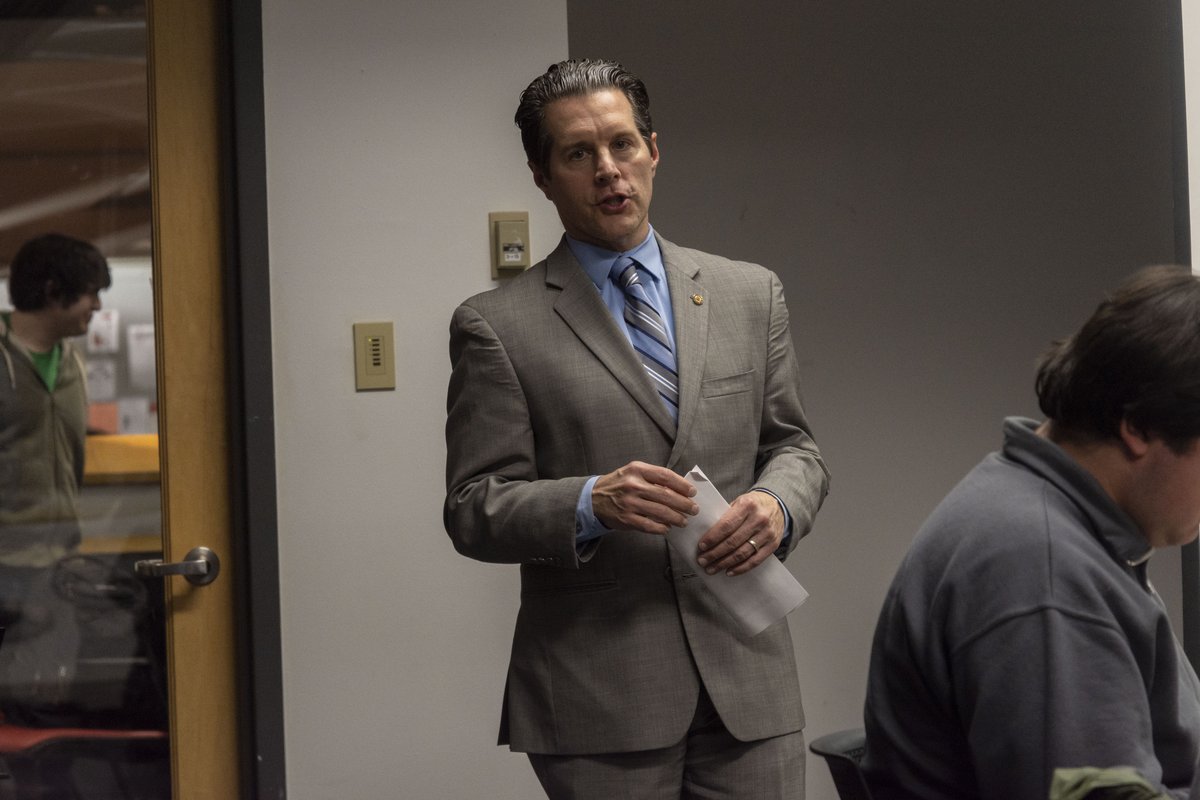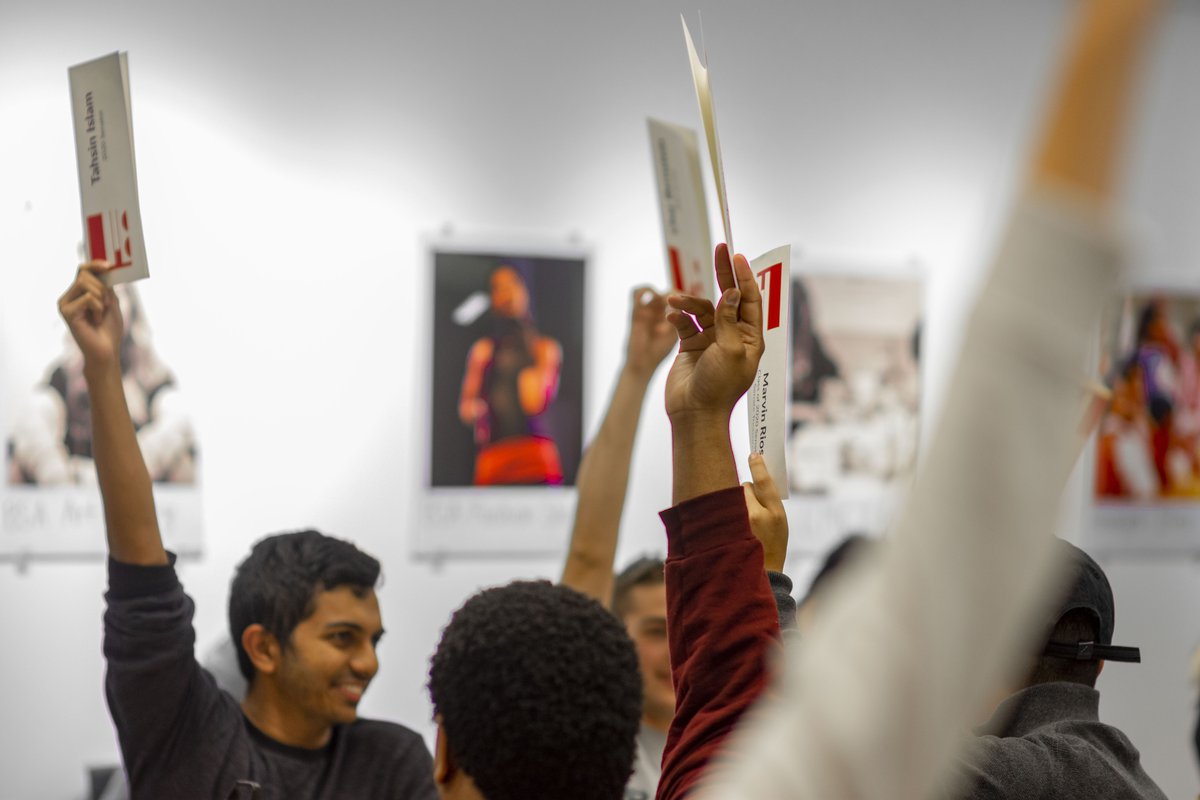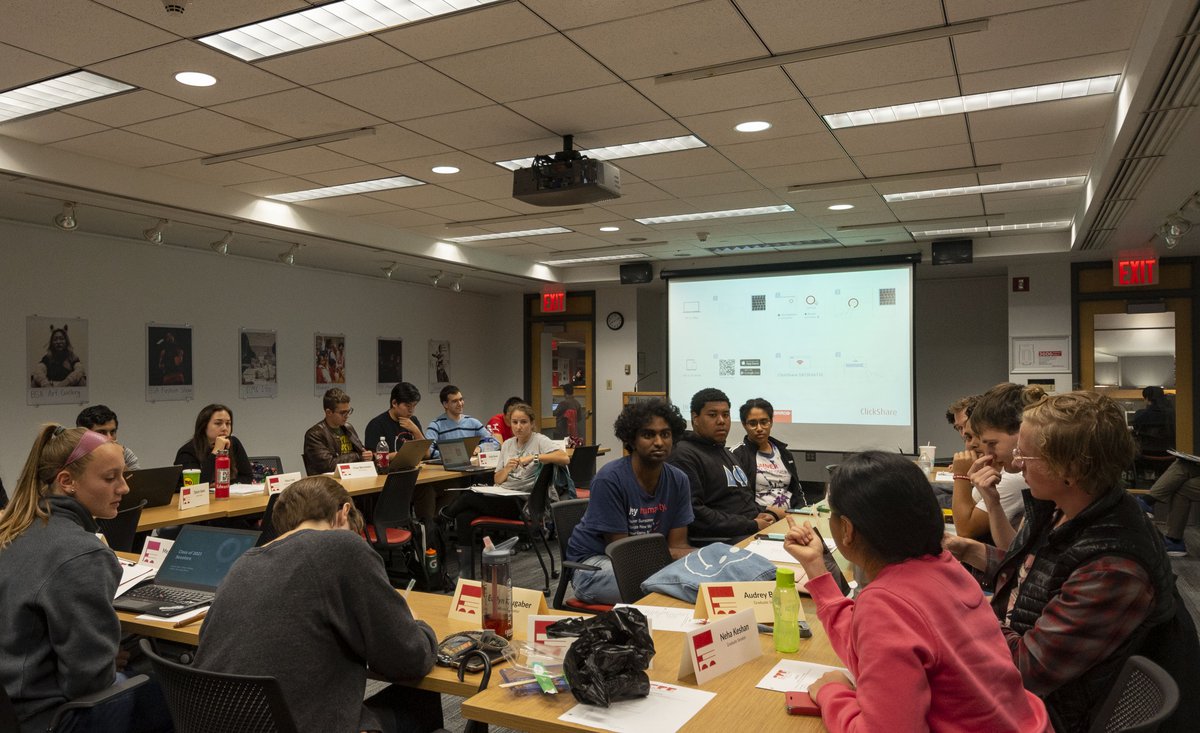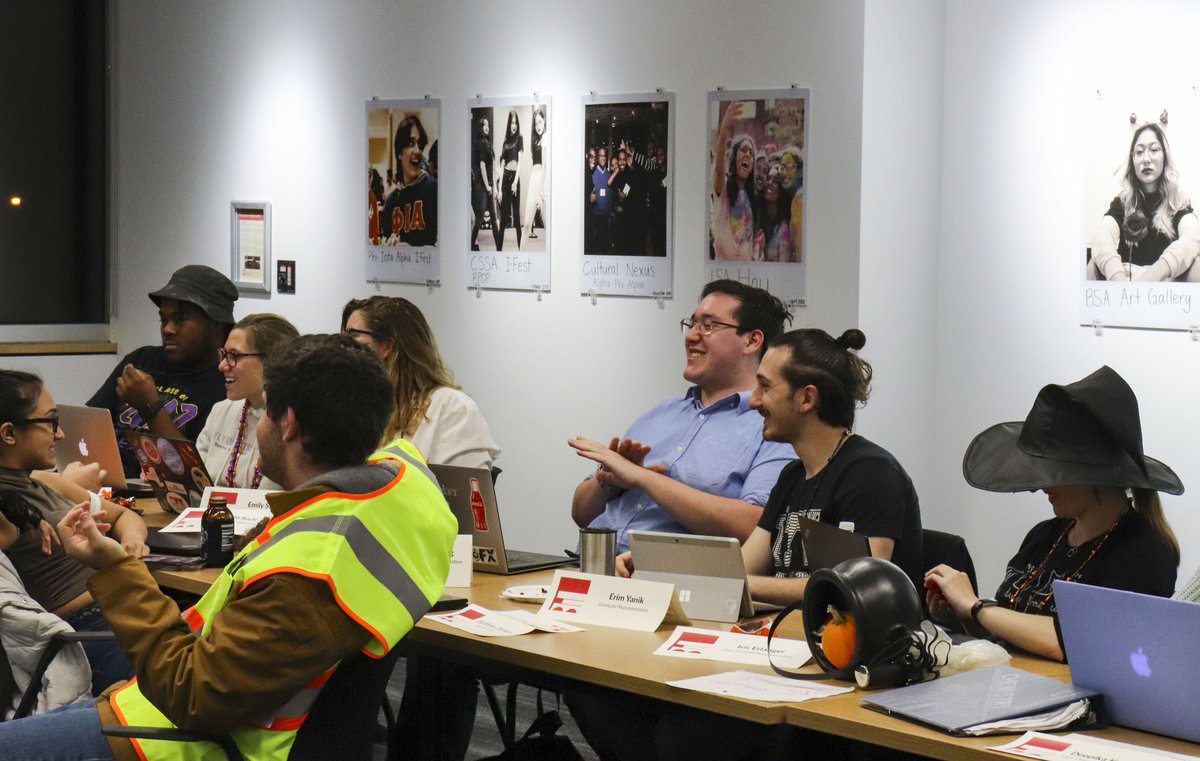Senate hears presentations regarding peace officer bill

The Senate met to hear two presentations regarding the New York State Senate Bill S7645 on February 24. One was given by Vice President for Student Life Peter Konwerski, who was accompanied by other members of Rensselaer’s administration, while the other presentation was given by members of Rensselaer for Ethics in Science, Engineering, and Technology.
Konwerski gave a brief presentation which covered topics including the scope of the legislation, benefits of granting peace officer status to public safety, and the extent of legal authorization this would grant to the peace officers.
In particular, Peace officer status would grant Public Safety access to additional law enforcement data and ability to transport threatening persons or others to a hospital against their will.
According to Konwerski, the bill does not have any mention of arming officers, nor does RPI have any intentions of doing so. This point was also emphasized during the question and answer session that followed Konwerski’s presentation.
Senators raised several concerns which were addressed by Konwerski, Assistant Vice President for Student Life and Dean of Students Travis Apgar, Director of Community and State Relations Chris Nolin, General Counsel and Secretary of the Institute Craig Cook, Director of Public Safety and Emergency Management Vadim Thomas, and Vice President for Administration Claude Rounds.
More specific questions from senators regarding details of and concerns about the legislation followed. Many were regarding concerns raised after similar status was given to officers at other schools. Arch Task Force Chairperson Peter Gramenides ’20 commented on a point of student protests at other schools such as Syracuse and RIT where public safety officers have been granted peace officer status. Konwerski responded that RPI had taken student concerns that had been voiced in the last few weeks into account, and that they as an administration wanted to respect and protect the student body.
Cook explained that although RPI is a private university, once a member of Public Safety is appointed as a peace officer, they become a public officer, and must abide by the same constitutional requirements as normal police officers.
Jacob Kaplan ’20 raised a concern about why RPI felt they needed to grant peace officer status to members of Public Safety when only six out of the 177 private institutions in New York are doing so. Thomas explained that they have determined RPI to have a gap similar to those six schools, and that he did not know what analysis the schools who were not doing so had done. Nolin added to the answer saying that from his prior experiences working at three schools that had implemented peace officer status prior to RPI, he believed that the choice is based on location.
He explained that most of the 171 private institutions are located in upstate New York and are smaller colleges who do not really require peace officer status for their officers as they have less safety concerns regarding the surrounding area.
Later, Class of 2022 Senator Jeffrey Chai ’22 referenced a tragedy that occurred at the Georgia Institute of Technology when a suicidal student was shot dead by an officer who had not completed required crisis training. There have been other such cases at several other schools in the nation during which this status has appeared to have been misused, resulting in tragedies.
Nolin acknowledged that such incidents are horrible, but assured those present that the bill does not entail arming RPI officers, who he said would surely receive the necessary training as required by the state. “Let’s not wade into the water of arming our officers, that’s not what we’re doing,” said Nolin.
This conversation led to another issue that arose from miscommunications. Several senators raised concerns that students were not aware that the fact that the bill does not entail arming Public Safety officers. Gramenides and Graduate Senator Neha Keshan emphasized that the administration should have properly informed students of this fact. Keshan explained how many students are not aware of the exact wording of the bill and that it would be helpful if it was explicitly communicated to students that officers will not be equipped with firearms.
Gramenides requested that RPI have provisions added to the bill that stating that officers will not be armed, and that violations of rights by officers under this status would result in reparations for RPI. Gramenides explained that this would help reassure students of the “good faith effort” from the school.
Some questions from senators also reflected confusion regarding the use of facial recognition in this technology. Thomas confirmed that peace officer status and its implications have no facial recognition authority involved. When asked by Riaz Rao ’21 what the biggest gain from peace officer status would be, Thomas said that it was access to intelligence that law enforcement has collected that Public Safety does not have credentials to view at the moment.
This prompted a question from Graduate Senator Audrey Beard regarding what those intelligence products actually entail. “... [It’s] got nothing to do with any kind of facial recognition products,” replied Thomas. “This is a collection of information from across the state… that talks about various threats out there.”
Another point of concern raised during this session was keeping students properly informed regarding the situation. Keshan requested an email to be sent out by the administration clearly stating the contents of Konwerski’s presentation to inform the Rensselaer community. Konwerski responded that he wanted to first discuss with the Senate and then put out communications to the students. He hopes to continue to have dialogue with the student body regarding the topic as they have had for the past couple of weeks to gather feedback.
Additionally, Konwerski stated the administration’s commitment to putting out more information over the next few weeks. Greek-IFC Senator Noah Prisament ’21 challenged whether this commitment was true, asking Konwerski why students were first informed by social media posts when RPI claims it wishes to be transparent. He also asked what administration would have done if students had not found the bill themselves and made such posts.
In response, Konwerski said that they had recognized this gap and that they have an opportunity going forward to do a better job of that to build trust and transparency. He said that, as leaders, they will do their best to provide more information to the student body from now on because they believe they make better decisions when they have discussions with student leaders.
Following this question and answer session and a short recess, members of RESET— Kaplan, Rao, and Beard—began their presentation on the bill. Beard explained that there has been very little evidence to suggest that school resource officers, increased surveillance, public safety, or other such measures significantly reduce crime—violent or non-violent. RESET has found evidence that instead, a presence of public safety increases violence by increasing fear and anxiety on campus and even causing division between different races.
Beard then recommended alternative efforts to combat the issues that the school has been using for reasoning, suggesting that funds being used for lobbying and expected costs from the passing of the bill (e.g. training of the officers) should be used instead on these other options.
These alternatives included mental health services, minority student services, Troy community outreach and enrichment, and more funding for RPI Ambulance. RESET believes that “students should pay for support and care, not surveillance and lobbying.”
Rao then spoke about how RESET wants more transparency and student input in the decision making process. He also explained that the lack of communication and official acknowledgement has led to the circulation of false information. Lastly, Kaplan explained the consequences of passing such a bill. He believes that in cases of tragedies at other schools—such as at the University of Chicago when a student suffering from a mental health crisis was threatened and shot by an officer who had undergone the required training—the officers have had good intentions, but the bill allowed the officers to take harmful actions. He gave another example of when a peaceful sit in of seven students at Johns Hopkins University was broken up by 80 officers.
Kaplan then delivered RESET’s demands for RPI, which included changes to the student handbook guaranteeing that there will be no facial recognition or firearms utilized by officers on campus, full disclosure on RPI lobbying, establishment of transparency guidelines, and an official apology to the student body for improper communication regarding this topic.
He also stated that they want RPI to request withdrawal of the bill. After the presentation, Grand Marshal Meagan Lettko ’20 also suggested that RESET work with senators to write a motion about their proposed alternatives and to create “a paper trail.”
Student Life Committee Chairperson Maya Ooki ’20 also asked what RESET felt would have been the ideal communication regarding this bill. Beard responded that it should not have been framed as a discussion about a bill already in motion, and that instead there should have been dialogue between the school, students, and members of the Troy community to address the problem before any legislative work was done.
Rao echoed this belief, saying that having discussions after the bill was submitted was wrong.
“I really appreciate all of the energy students are bringing to this. Clearly, a lot of people care a lot about this, and I think that’s awesome, but realistically, the administrators need to listen,” said Beard, then turning to Konwerski and saying, “and so far you haven’t been.”
Shortly after, Prisament made a motion “to call for the withdrawal of the consideration of New York State Senate Senate Bill S7645 or any derivative bills and resolutions granting peace officer status to public safety officers at Rensselaer Polytechnic Institute,” and, “to encourage the Rensselaer Student Senate to expand partnership and collaboration with Rensselaer Public Safety, City of Troy Police Department, and New York State Police to improve health and safety on and surrounding campus.”
Lettko said she felt it was the Senate’s job to make such statements, but that just a motion would not fulfill their duty to their constituencies. After discussion regarding the merits of the motion, as well as allowing for time to determine how best to represent their constituencies, Chai motioned to table the motion until the next meeting, which passed by majority.
The Senate holds open meetings every Monday at 8 pm in the Shelnutt Gallery.

 Student Senate
Student Senate
 Editorial Notebook
Editorial Notebook
 Student Senate
Student Senate
 Executive Board
Executive Board